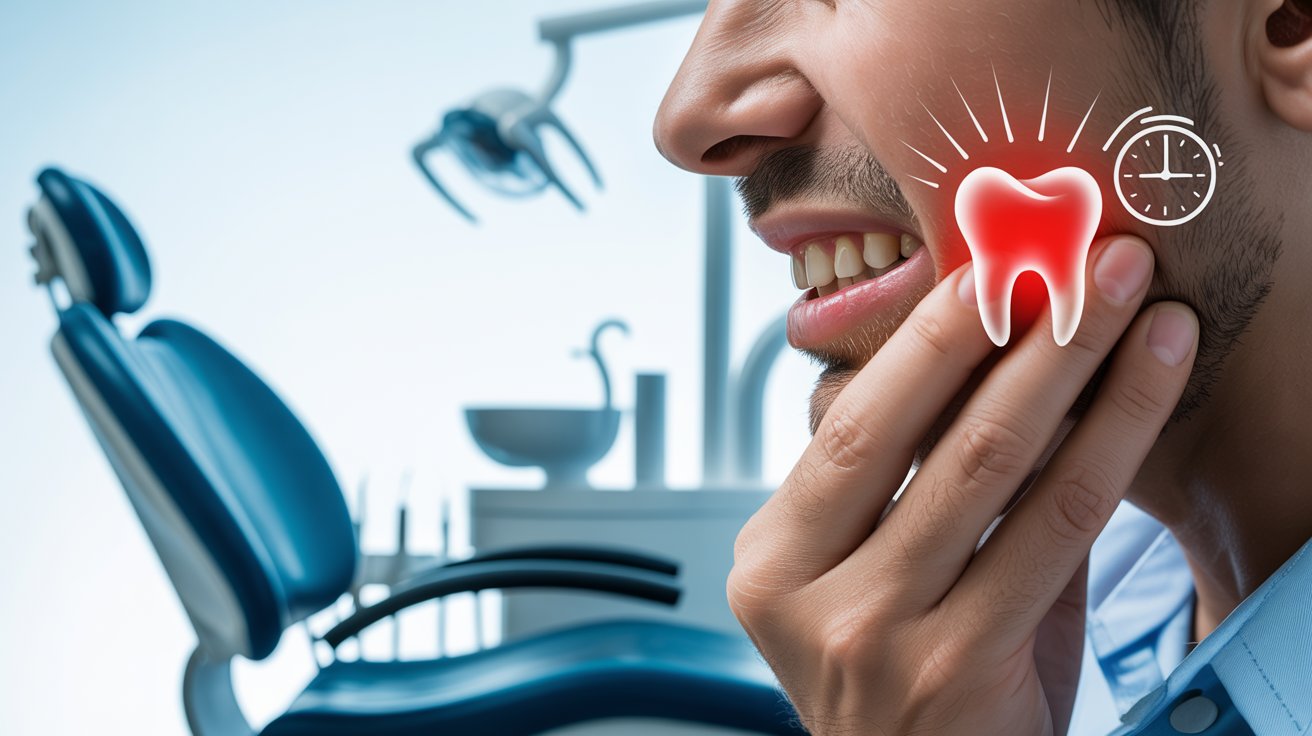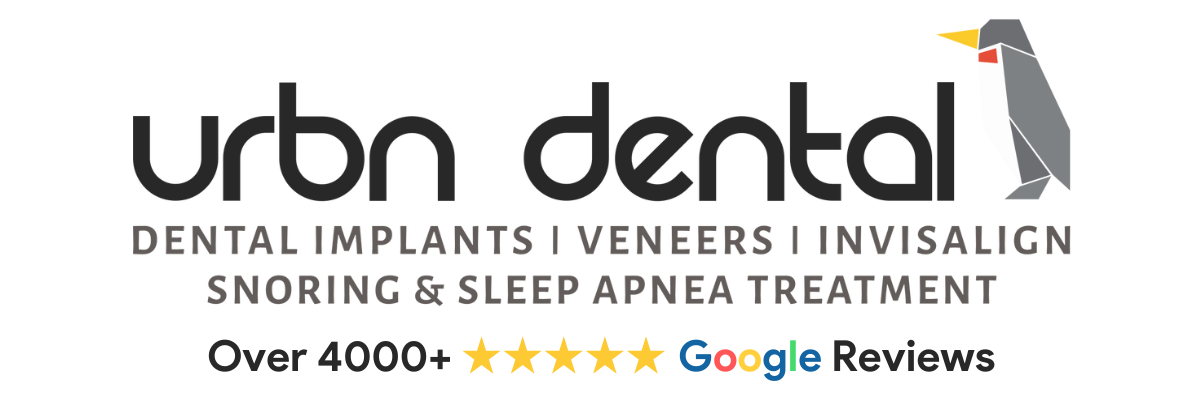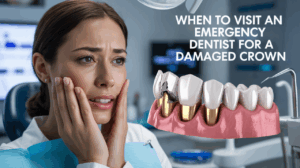
Tooth discomfort can be hard to ignore, especially when it disrupts your day, affects your ability to eat, or keeps you awake at night. While some dental issues can wait for a scheduled appointment, others require more urgent attention. In certain cases, this may mean having a tooth removed to relieve pain, protect surrounding teeth, and prevent the problem from worsening.
At our clinic, we provide tooth extraction services for situations where timely treatment is often important to protect your oral health. If you’re facing sudden tooth pain, swelling, or discomfort from wisdom teeth, knowing what to expect before you arrive can help you feel more at ease and support a smoother recovery.
Why You Might Need an Emergency Tooth Extraction in Houston
Tooth extractions are often planned in advance, but sometimes circumstances change quickly. Common reasons for seeking emergency tooth removal in Houston include:
- Advanced Tooth Decay: When decay extends deep into the tooth and affects the pulp, it can cause severe discomfort. In cases where restoration isn’t possible, removal may be the most effective option.
- Infection or Abscess: An untreated tooth infection may spread to surrounding tissue and even other parts of the body. Removing the affected tooth can help stop the infection from progressing.
- Fractured or Broken Tooth: Significant damage, especially below the gumline, may make it impossible to repair the tooth. Extraction can help prevent ongoing irritation and discomfort.
- Impacted Wisdom Teeth: These third molars may grow at an angle, press against other teeth, or remain partially trapped under the gum, leading to swelling, pain, and potential gum infections.
- Trauma or Injury: Accidents involving the mouth can sometimes leave a tooth beyond repair, which may make extraction the most practical solution.
If you’re unsure whether your situation needs urgent attention, our dentist can assess your symptoms and recommend whether immediate treatment, including wisdom tooth extraction in Houston, is the right step.
How to Prepare Before Visiting Our Emergency Dentist for Extraction
Even in urgent cases, taking a few preparatory steps can help your visit go more smoothly:
- Call Ahead: Contact our office as soon as you notice severe discomfort. We do our best to accommodate same-day appointments for tooth extraction in Houston TX.
- Bring Medical Information: Let us know about any allergies, medications, or health conditions that could affect your treatment.
- Avoid Eating or Drinking: Depending on the type of anesthesia used, you may need to arrive on an empty stomach.
- Manage Discomfort Safely: Over-the-counter pain relief can help, but avoid aspirin if you suspect gum bleeding.
If you’re in significant discomfort, consider calling our Houston office promptly to discuss your options.
What to Expect During an Emergency Tooth Extraction
Understanding the process can help you feel more comfortable:
- Examination and X-rays: We’ll assess the tooth and surrounding area to determine the safest and most effective tooth extraction method.
- Anesthesia: Local anesthesia will be used to keep you comfortable; sedation options may be available depending on your needs.
- Extraction Procedure: For a simple removal, the tooth is gently loosened and lifted out. For impacted teeth, such as certain wisdom teeth, a small incision may be made.
- Initial Aftercare: Gauze will be placed to control bleeding, and we’ll provide detailed instructions to care for the area at home.
Our goal is to make the process as smooth as possible and to minimize discomfort.
Aftercare and Recovery Tips for Tooth Removal in Houston
Proper aftercare can significantly impact your healing time:
- Rest for 24 Hours: Avoid strenuous activity to reduce bleeding and swelling.
- Follow a Soft Diet: Choose foods like yogurt, mashed potatoes, and smoothies for the first day or two.
- Avoid Smoking and Alcohol: These can interfere with the healing process.
- Rinse Gently: After 24 hours, rinse with warm salt water to help keep the site clean.
- Use Cold Compresses: Applying ice packs in short intervals can help reduce swelling.
Need post-extraction support? Our wisdom tooth extraction dentist is here for follow-up visits and ongoing care.
Replacing an Extracted Tooth
In some cases, especially when a visible tooth is removed, replacing it may be recommended to preserve your bite and overall oral health. Options include:
- Dental Implants: Durable and natural-looking replacements.
- Bridges: Fixed restorations that connect to adjacent teeth.
- Partial Dentures: Removable solutions for multiple missing teeth.
We can discuss replacement options suited to your needs after your extraction site has healed.
Signs You Should Contact Our Clinic Immediately After Extraction
While some swelling and mild discomfort are normal, reach out to us if you experience:
- Increasing pain after the first few days
- Excessive bleeding that doesn’t stop with pressure
- Fever or signs of infection
- Swelling that worsens instead of improving
Prompt communication allows us to address any issues before they become more serious.
Tips to Prevent Future Dental Extractions
Although not all extractions can be avoided, regular care can help lower your risk:
- Brush and floss daily to prevent decay and gum disease.
- Schedule routine checkups at our Houston clinic to catch issues early.
- Address tooth sensitivity or discomfort promptly before it progresses.
- Wear a mouthguard during sports to prevent injuries.
Schedule a Visit to Our Dental Clinic
If you’re experiencing tooth pain or believe you might need an extraction, contact our wisdom tooth extraction dentist today for personalized care. Whether it’s an urgent wisdom tooth extraction or a simple removal, we’re here to help you seek relief as promptly and comfortably as possible.
FAQs: Emergency Tooth Extraction in Houston
How quickly should I see an emergency dentist for an extraction?
If pain is persistent and affecting daily activities, contact us as soon as possible. Quick action can often make treatment more straightforward.
Can a tooth be saved if I come in early enough?
In some cases, yes. Early detection allows for options like fillings, crowns, or root canals before extraction becomes necessary.
Is the extraction procedure painful?
With modern anesthesia, most patients report feeling only pressure during the procedure, not pain. Mild soreness afterward is expected and can be managed with recommended care.
How long does recovery take?
Most patients feel better within a few days, though complete healing can take one to two weeks.




